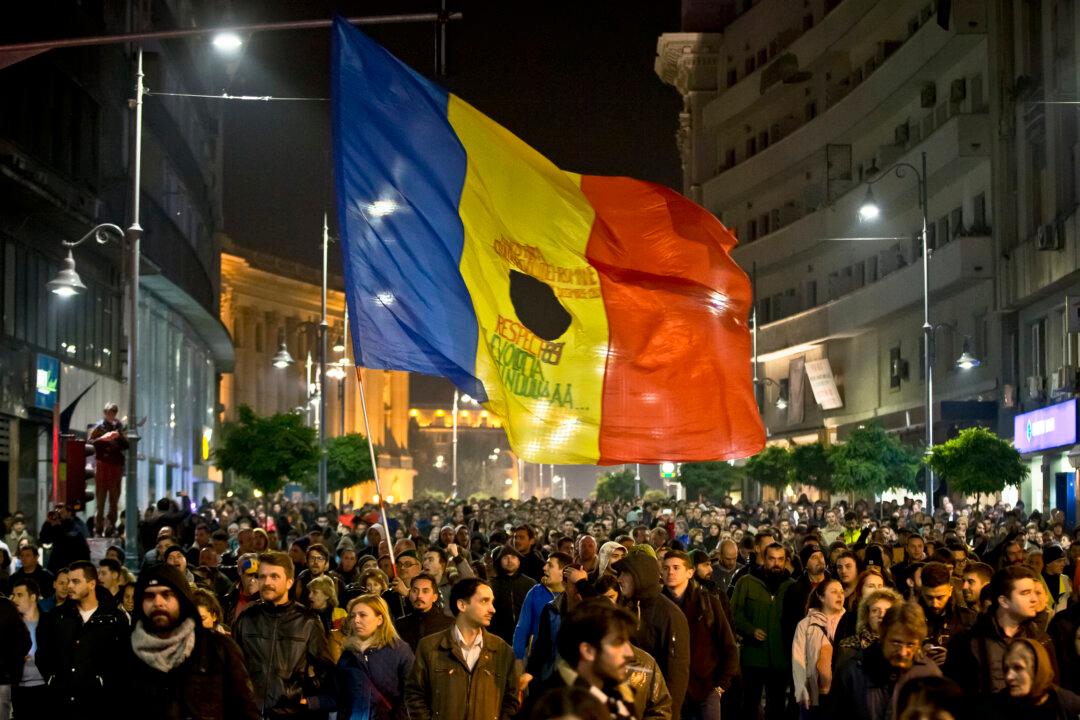Romanian Government Resigns Following Protests
Romanian Prime Minister Victor Ponta announced the resignation of his government Wednesday following huge protests in the wake of a nightclub fire that killed more than 30 people

Romanians fill the Calea Victoriei, a main avenue of the Romanian capital, during a large protest in Bucharest, Romania, Tuesday, Nov. 3, 2015. AP Photo/Vadim Ghirda
|Updated:




